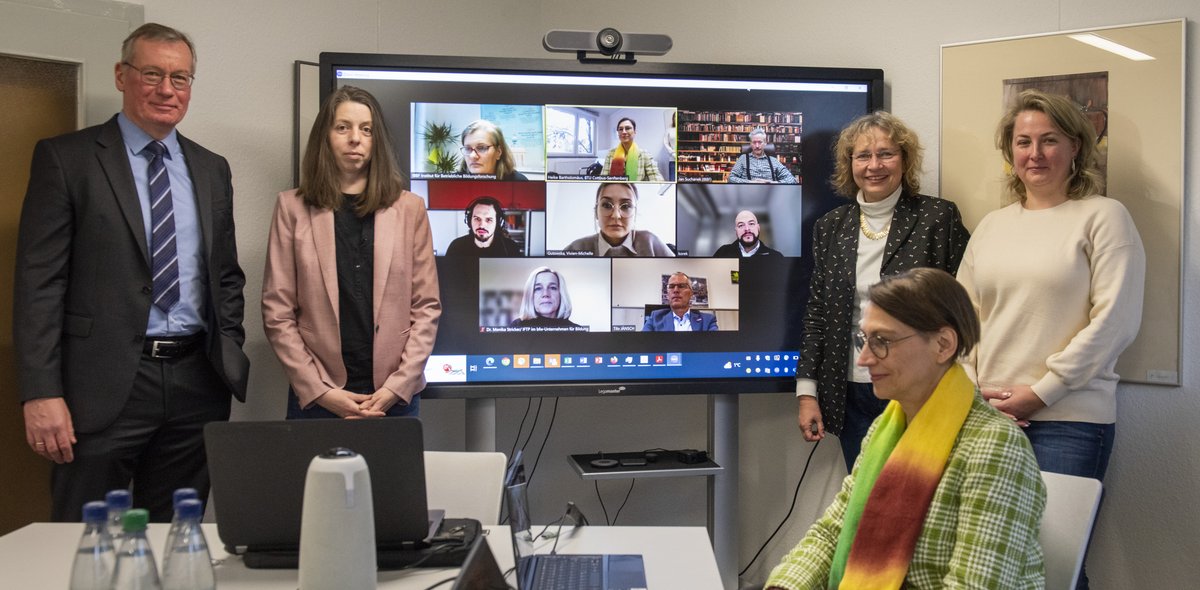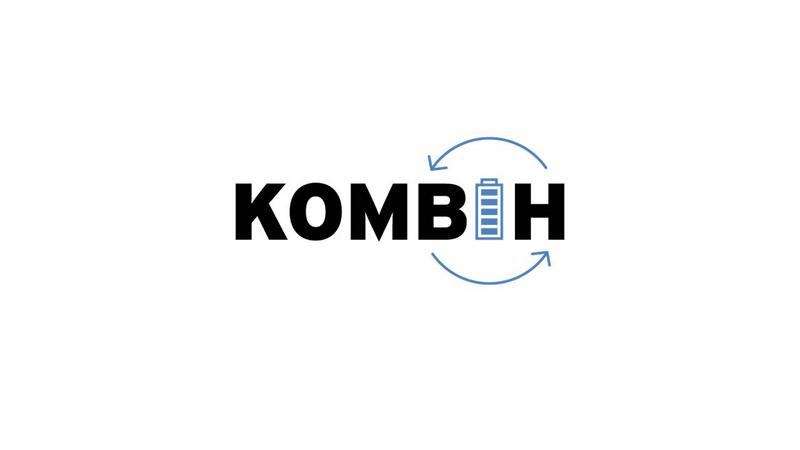Qualification of skilled workers for the energy transition
Battery technology - a key technology in the energy transition
Shaping the energy transition through the accelerated expansion of electromobility means nothing less than the creation of a completely new economic sector with new players and new structures. In this context, the Berlin-Brandenburg region has become a pioneer in battery technology, which encompasses the entire value chain - from the production of battery materials, cell and battery manufacturing to the second-use of used batteries and the recycling of spent batteries. But here, too, the shortage of skilled workers is becoming an obstacle to further development. This is aggravated by the fact that, up to now, skilled workers can only be recruited from related industries, who are usually qualified for their new tasks within the company. At present, there is a lack of modern, structured and industry-specific training programs to qualify the urgently needed specialists for the specific requirements of the battery technology industry, which is very broad in terms of content.
In a new alliance, actors from science, vocational and academic training, innovation clusters and industry have joined forces in the joint project "Competence Building for Battery Cell Manufacturing in the Capital Region - KOMBiH". The focus is on identifying regional qualification needs and developing adequate target-group-specific qualification offerings along the entire value chain of battery technology.
The joint project "KOMBiH" started in January 2023 and will run for five years. The BTU Cottbus-Senftenberg is involved with two subprojects, which are funded with a total of 1,143,134 euros by the Federal Ministry of Economics and Climate Protection (BMWK).
Two BTU subprojects "KOMBiH-Campus" and "KOMBiH-Laboratory" in Cottbus and Senftenberg
The sub-project "KOMBiH-Campus" is located at the Center for Scientific Continuing Education of the BTU. Under the direction of Prof. Dr. Silke Michalk and Heike Bartholomäus, the focus is on the development of innovative qualification content based on module components. Prof. Silke Michalk says: "Based on the principle of a modular system, innovative forms of teaching and learning, such as contemporary digital as well as hybrid formats, are being worked out, which make it possible to learn flexibly and independently of location. The use of simulations and virtual reality make it possible to learn practical skills in a safe environment. In this way, we want to optimally implement the didactic objectives of the learning offerings and achieve the best learning successes."
The second sub-project, "KOMBiH-Laboratory," located at the Senftenberg campus, is developing the scientific basis for the teaching content under the direction of Prof. Dr. Jörg Acker from the Department of Physical Chemistry. Prof. Jörg Acker explains: "The focus here is on chemical and chemical-technological processes along the entire value chain of battery technology. This includes raw material securing and raw material preparation, intermediate and supplier products, strategies for the after-use of batteries, the 'second use'. All aspects of material and functional recycling and the recovery of the resulting materials are also to be considered. A particular approach of both subprojects is to make teaching content on chemical and chemical-technological aspects tangible and understandable with the help of modern media." To this end, training materials, including VR technology as well as simulations, are to be developed in the laboratory at the Senftenberg campus so that they can be used in innovative forms of teaching and learning.
Battery competence trio
In order to qualify specialists for the battery industry, the Battery Competence Trio, consisting of partner institutions from research, educational institutions and business partners, will design, evaluate and offer new target group-specific and demand-oriented educational programs. Scientific support is provided by the Technical University (TU) Berlin and the Brandenburg Technical University Cottbus-Senftenberg (BTU). The education providers are the Institute for Research Institute for Topics of Continuing Vocational Education and Training in Companies (IBBF), the Berufsfortbildungswerk Gemeinnützige Bildungseinrichtung des DGB GmbH (bfw), the Bildungs- und Innovationscampus Handwerk der Handwerkskammer Potsdam and the Center for Scientific Continuing Education of the BTU. The link to industry is established via the innovation clusters Transport, Mobility and Logistics Berlin-Brandenburg and Energy Technology Berlin-Brandenburg. In addition, another 33 associated actors are involved: Companies, universities, labor market players, and chambers of industry and crafts from the Berlin-Brandenburg region. The Institute for Workplace Education Research Berlin is coordinating the joint project.
Contact
Heike Bartholomäus
Center for scientific further training training
T +49 (0)355 69 3616
E heike.bartholomaeus(at)b-tu.de
www.b-tu.de/weiterbildung
Press contact
Ilka Seer
Press spokesperson / Head of Corporate Identity
T +49 (0)355 69 3612
E ilka.seer(at)b-tu.dewww.b-tu.de


